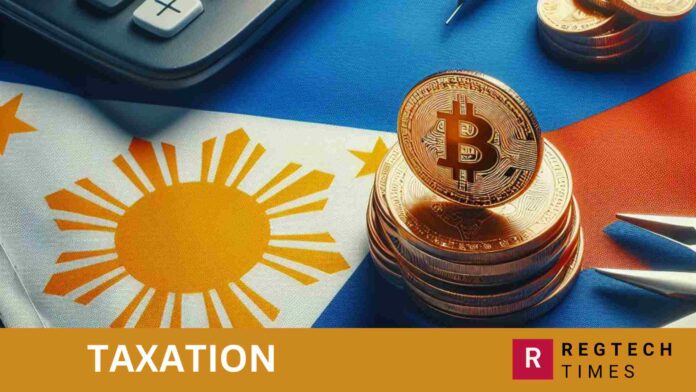Cryptocurrency taxation has been a topic of interest globally, with many countries formulating specific tax laws to regulate this emerging asset class. In the Philippines, the approach to taxing cryptocurrency transactions is guided by existing general tax laws, as there are no specific regulations dedicated solely to cryptocurrency at present.
Tax Authority Guidance and Scope of Taxability
As of the current regulations, gains from cryptocurrency transactions are subject to general tax laws in the Philippines. This means that any income arising from cryptocurrency transactions within a taxable period is considered part of the taxpayer’s gross income for that period. However, the tax jurisdiction varies based on the taxpayer’s residency and the source of income.
For citizens and resident alien individuals of the Philippines, all income derived from sources within and outside the country is taxable. Non-resident citizens are taxed only on income from Philippine sources, while non-citizens, whether resident or not, are taxable only on income from Philippine sources. Philippine corporations are taxed on all income from worldwide sources, while foreign corporations are taxed only on income from Philippine sources.
Direct Tax Implications in the Philippines
The taxation of cryptocurrency income follows a graduated rate ranging from 0% to 35% for citizens and resident alien individuals. There is also an option to avail of an 8% tax on gross sales/gross receipts and other non-operating income above P250,000 for self-employed individuals and professionals.
Non-resident alien individuals doing business in the Philippines and non-resident foreign corporations are subject to the same graduated rate ranging from 0% to 35%. Withholding tax is also applicable, with specific rates for different types of income earners.
Tax Compliance and Reporting Requirements
All taxpayers in the Philippines, including those involved in cryptocurrency transactions, are required to file an income tax return (ITR). Individual taxpayers generally file their ITRs annually, while businesses file quarterly ITRs and an annual adjustment return. The ITRs must include income from cryptocurrency operations and transactions.
Withholding taxes must be reported and remitted to the government every month, except for the third month of each taxable quarter, when they are remitted and reported through a quarterly return. Compliance with these requirements ensures that taxpayers fulfil their obligations and contribute to the country’s tax revenue.
Indirect Tax Implications in the Philippines
While the tax authority has not yet provided clear guidance, other government agencies such as the Securities and Exchange Commission (SEC) have issued guidance treating cryptocurrencies as securities.
The Bangko Sentral ng Pilipinas (BSP) has also issued regulations on cryptocurrency exchanges. Additionally, cryptocurrencies and digital assets are considered property under Anti Money Laundering laws.
The Securities Exchange Commission has advised that violators of registration and disclosure requirements for virtual currencies considered securities would be reported to the BIR for appropriate penalties and taxes. Transactions involving cryptocurrencies may be subject to value-added tax (VAT), the Philippine equivalent of GST.
Exchanges involving cryptocurrencies may be considered the sale of intangible goods subject to a 12% VAT if the seller is VAT-registered. Non-VAT taxpayers may be subject to a percentage tax instead, which is a direct tax.
There are pending bills proposing to charge non-resident service providers with the obligation to assess, collect, and remit VAT on digital services or goods, but these bills are still pending.
Revenue Memorandum Circular No. 55-2013 defines types of transactions under which electronic services may fall, including online shopping, intermediary services, advertisement, and online auctions.
A pending legislative bill aims to impose VAT on digital services, treating electronic platforms as intermediaries connecting sellers and consumers. The bill proposes to tax digital advertising services, subscription-based services, and other services deliverable through the Internet.


